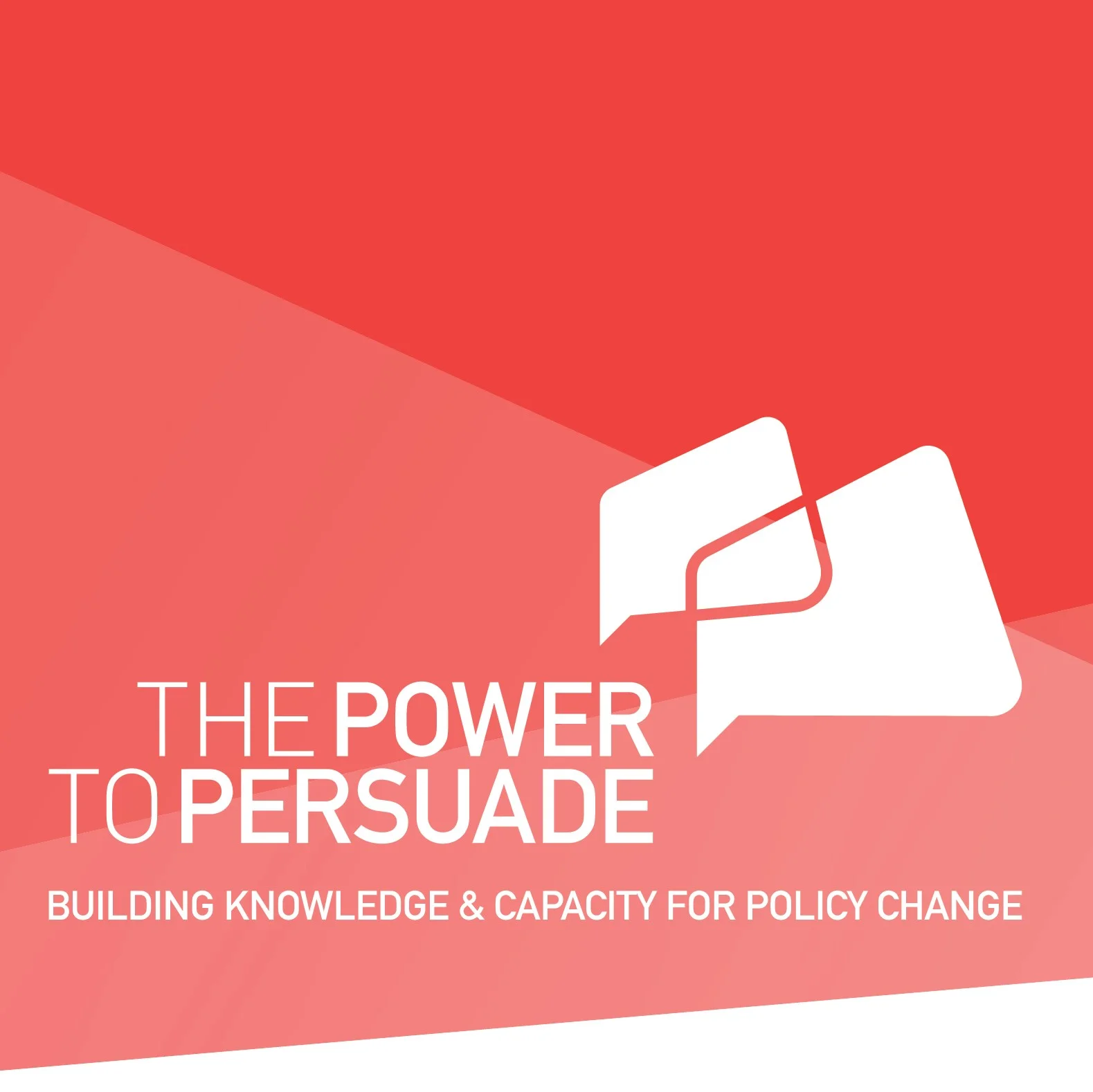You may have noticed at your local common a place for wild flowers, attracting a mobile constellation of bees, butterflies, and a host of minibeasts. Honey bees mean different things to each of us: an excuse to reminisce on childhood crayoning, the producer of that delicious syrup we all enjoy as honey, or a symbol of order and harmony in nature. However, they also serve a critical environmental role as a major fruit and vegetable pollinator. In these days of economic and political uncertainty this may not be foremost in policy makers minds, however, bees are vital for our survival and are a living indicator of the health of our environment. In this post, Gino Abdul-Jabbar suggests with honey bees under threat that we need to direct our individual attention and garner collective policy support for the plight of the humble honey bee.
Read More













